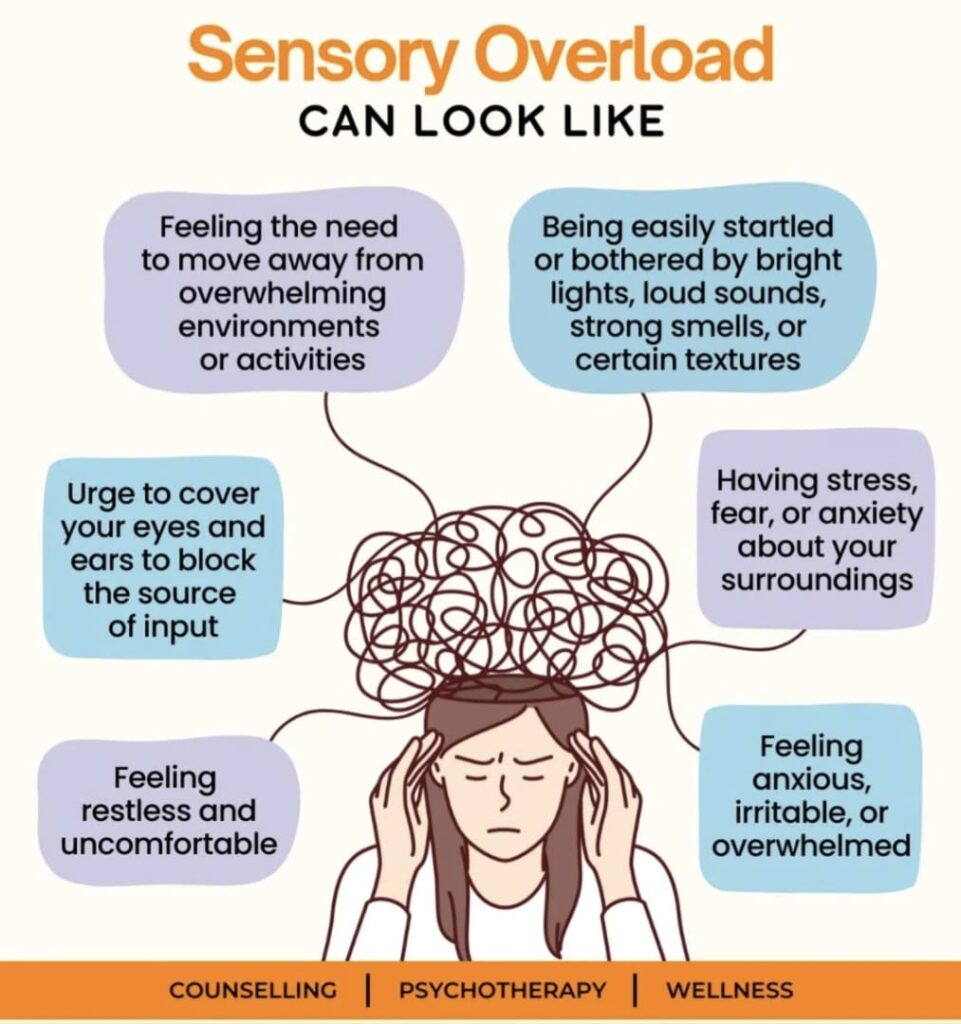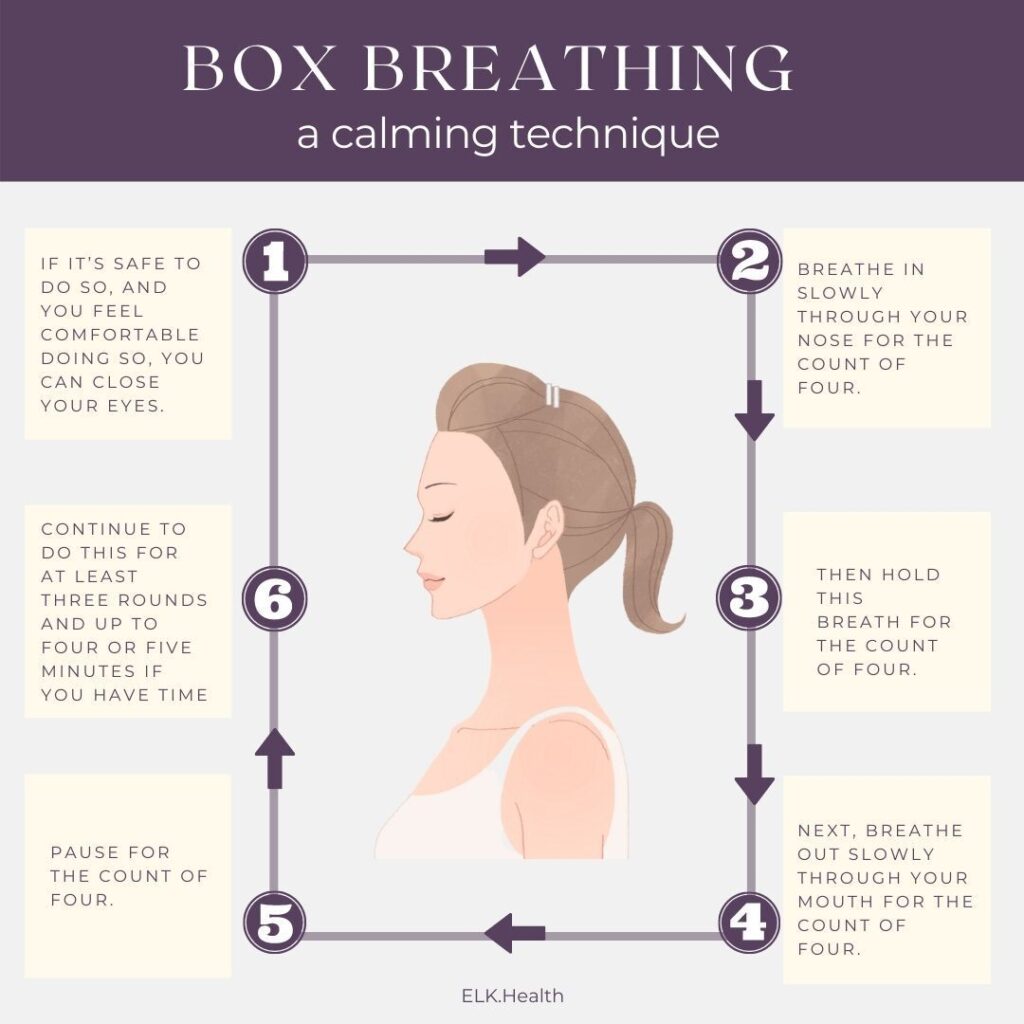You sit to study… and 10 minutes later, your brain just wants a nap or a snack? Sound familiar? You’re not alone. Many students feel this way. You open your books, full of intention. But suddenly, your mind drifts. You reread the same line five times. You check your phone. You get up to grab something—anything—to feel better.
It’s easy to call this laziness. It looks like procrastination. But here’s the truth: it’s not. What you’re feeling is not failure. It’s a signal. A warning light on the dashboard of your mind. Your brain isn’t broken. It’s overloaded.
In today’s world, we’re surrounded by noise—constant notifications, messages, content, pressure. Your brain is processing more than it ever has. That takes energy. Mental energy. So when it suddenly shuts down or zones out, it’s not being lazy. It’s protecting itself. It’s telling you it’s full.
Understanding this can change everything. It turns guilt into empathy. Frustration into strategy. Because the solution isn’t to push harder. The solution is to listen. And reset. Your brain isn’t your enemy. It’s trying to help you. You just need to learn its language. Let’s start there.
The Myth of Laziness
“Why can’t I focus?” It’s a question students ask themselves every day. You sit at your desk. The work is right in front of you. But your brain just won’t cooperate. Then comes the guilt. The pressure. The inner voice that says, “Everyone else seems to manage—why can’t I?”
Add school deadlines, high expectations, and constant comparison with others. It’s a heavy mental load. One that quietly builds frustration and self-doubt. Many mistake this for a lack of discipline. But that’s not the full picture.
In reality, it’s not about willpower. It’s about depletion. Your brain uses real energy to process tasks, decisions, and emotions. And in a typical day, you face hundreds of small inputs—texts, choices, alerts, worries.
Each one drains a little more fuel. By the time you sit to study, you’re not lazy. You’re running on empty. Procrastination often isn’t a problem of effort—it’s a symptom of exhaustion. A mental version of muscle fatigue.
Just like you wouldn’t expect tired legs to sprint, you can’t expect a worn-out mind to focus. Calling yourself lazy only adds more stress. It builds shame instead of solutions. It’s time to stop blaming and start understanding.
Focus isn’t a matter of character. It’s a matter of capacity. And once you see that, you can start to refill the tank—one small reset at a time.

The Modern Brain Under Siege
Your brain wasn’t built for this. Not for nonstop notifications. Not for constant multitasking. Not for the daily flood of information and pressure. But that’s the world we live in.
Every day, students juggle dozens of tabs—both on screens and in their minds. School deadlines. Social media. News updates. Family expectations. Messages pinging every few minutes.
It feels normal now. But it’s not natural. The brain is designed for focus, not fragmentation. When it’s forced to jump from one thing to the next, it begins to fray. Slowly. Silently. This is called cognitive overload.
It happens when your brain tries to process more than it can handle. Like a computer with too many programs open, it slows down. It freezes. It crashes. Then there’s decision fatigue. Every small choice—what to wear, what to reply, what to study—uses up brain power.
By evening, even choosing a snack can feel hard. Not because you’re lazy, but because your brain is tired of choosing. Next comes mental clutter. You scroll through hundreds of posts and stories. You read, but don’t absorb. You learn, but don’t retain.
The information piles up without time to digest. It’s like eating all day without ever resting your stomach. Even your breathing changes. When you’re stressed or overloaded, you take shallow breaths. Sometimes you even hold your breath without realizing it.
This tells your body it’s in danger—even when you’re just sitting at a desk. All of this adds up. Not as weakness. But as wear and tear. These aren’t signs of laziness. They’re system warnings. When your brain feels scattered, unfocused, or drained, it’s not misbehaving.
It’s trying to cope. The solution isn’t shame. It’s recovery. You’re not broken. You’re overloaded. And your brain is asking for a break—not a breakdown.
Introducing Mental Rest for Student Brain Overload
Rest doesn’t always mean sleep. Sometimes, your body isn’t tired—but your brain is. This is where mental rest comes in. Mental rest is a conscious pause. A moment where you stop taking in new information. You don’t scroll. You don’t plan. You simply let your brain reset.
Think of your brain like a web browser. Too many tabs open? Everything slows down. Nothing loads properly. Closing a few tabs doesn’t take long—but it makes a huge difference. That’s what mental rest does.
And one of the fastest ways to create it is through breath-based resets. Just two minutes of focused breathing can shift your brain out of stress mode. It calms the nervous system. It helps clear the mental static. Here’s why it works.
When you’re stressed or overloaded, your body produces cortisol—a stress hormone. High cortisol levels make it harder to concentrate, remember, or relax. Breathing deeply and slowly sends a signal to your brain: You’re safe.
This reduces cortisol. It also activates the prefrontal cortex—the part of your brain responsible for focus and decision-making. In other words, breathing well brings your thinking brain back online. It doesn’t take an hour. It takes two minutes.
Two minutes to shift from chaos to clarity. You don’t need music, apps, or a dark room. You just need your breath. Olympic athletes use it. High-performing CEOs use it. Therapists recommend it. Why? Because it works. Mental rest is not a waste of time. It’s a tool.
It helps you do less—but do it better. And it starts with something as simple as breathing. When your brain feels full, don’t push through. Pause. Give it the rest it actually needs. You’ll come back sharper, calmer, and ready to focus again.
What the Best Do Differently
Top performers don’t just push harder. They recover smarter. Olympic athletes, Navy SEALs, and high-performing CEOs all understand this. Their secret isn’t endless effort. It’s structured recovery.
They know the brain, like the body, works best in cycles. Focus, then pause. Exert, then reset. Between intense tasks, they take micro-breaks—short, intentional pauses that protect mental energy. Just a few minutes away from the screen can refresh attention.
They also use mindful breathing. A few deep breaths help calm the nervous system and reset focus. It sounds simple. But it’s backed by science. These pros have reset rituals. A quick walk. A stretch. A breathing technique. A moment of stillness.
These aren’t luxuries. They’re performance tools. Studies show that people who take short mental breaks actually focus better afterward. They retain more information. They switch between tasks more smoothly.
The brain wasn’t built to operate at full speed all day. Even top performers respect its limits. They don’t shame themselves for needing rest. They plan for it. Because peak performance isn’t about grinding non-stop. It’s about knowing when to push—and when to pause.
If the best in the world take breaks to stay sharp, why shouldn’t students? You don’t need to earn rest. You just need to use it wisely. Smart recovery leads to smart results. And anyone can start.
Try This: One Simple Reset Tool for Student Brain Overload
One of the easiest and most effective ways to reset your mind is called Box Breathing—also known as the 2-Minute Reset. It’s simple, quiet, and you can do it anywhere. No equipment. No app. Just your breath.
Here’s how it works: inhale slowly for 4 counts, hold your breath for 4 counts, exhale gently for 4 counts, and hold again for 4 counts. That completes one cycle. Repeat this cycle four times. That’s all it takes—just two minutes to help your brain shift from scattered to centered.
This method isn’t new. It’s used by Navy SEALs during high-stress missions, Olympic athletes before competition, and even therapists to help calm anxiety. Why? Because it works.
Box breathing directly reduces your body’s stress response, also known as fight-or-flight mode. That’s the state your brain enters when it senses danger or overload. It can help you survive a crisis, but it’s not great for studying, thinking, or decision-making.
When you practice box breathing, you activate the parasympathetic nervous system—your body’s natural “rest and reset” mode. It lowers your heart rate, reduces cortisol (the stress hormone), and restores a sense of calm and focus.
In just two minutes, this technique can clear away mental fog, ease nervousness, and improve your ability to focus. Try using this reset between study blocks. Or right before a test. Or even when you feel mentally stuck and overwhelmed.
You’ll likely notice a difference almost immediately. And here’s the most important part: it’s okay to pause. You don’t have to “push through” every time your brain feels heavy. Resetting isn’t weakness—it’s wisdom. It’s what smart students and top performers do to stay sharp and steady. Breathe. Reset. Begin again.

Reframing Focus: Sharper, Not Harder
The goal isn’t to grind nonstop. It’s to work smarter. Many students think success means pushing through exhaustion. Staying up late. Ignoring breaks. Fighting to keep going even when their brain feels foggy.
But that approach doesn’t work long term. It burns you out. It kills motivation. It leads to frustration and poor results. Mental performance is a balance between two things: focus and recovery.
Focus helps you dive deep into your work. Recovery gives your brain time to recharge. You aren’t a machine. You don’t run on endless fuel. Your brain works best in rhythms—cycles of effort and rest.
This natural pattern helps you sustain energy, absorb information, and stay sharp. When you try to push through without breaks, your brain overloads. Attention slips. Memory weakens. Stress rises.
Instead, try working in blocks. Focus for a set time. Then pause. Take a break. Breathe. Reset. These pauses aren’t wasted time. They are essential parts of the process. They prepare your brain for the next round of focus.
Working sharper means respecting these rhythms. It means listening to your brain’s needs. So don’t beat yourself up when you feel tired. It’s not a sign of weakness. It’s a sign you need a reset.
Success is not about how hard you push. It’s about how well you manage your energy. Work with your brain, not against it. That’s how you get smarter, faster, and better results.
The Power of Pause: Ending the Cycle of Student Brain Overload
When your brain feels tired, it’s not failing you. It’s not being lazy. It’s sending you a message. A message that says, “I need a new strategy.” It’s not a time for scolding or self-criticism. It’s a time for kindness and smart action.
Self-compassion is not a weakness. It’s a powerful tool. Being gentle with yourself helps reduce stress. It opens the door to clearer thinking and better focus. When you stop blaming yourself for feeling overwhelmed, you create space to heal and grow.
Remember, you are not lazy. You are simply overloaded. Your brain has limits, just like your body. It needs rest, reset, and recovery. Ignoring these needs only makes things harder.
Now that you understand this, you have something new. Tools to help you shift from exhaustion to clarity. Simple techniques like focused breathing and mindful breaks can help you clear mental clutter. They give your brain the chance to reset and come back stronger.
You don’t have to push through mental fatigue anymore. You can work smarter by honoring your brain’s signals. By pausing when needed, you build mental strength. The next time your brain feels tired, listen closely. Use the tools you’ve learned here. Take a breath. Press reset.
With patience and practice, you’ll find yourself more focused, calm, and ready to learn. Your brain isn’t your enemy. It’s your most important ally. Treat it well.
FAQs on Your Brain Is Not Lazy. It’s Just Overloaded.
Why do I feel tired or unfocused even when I haven’t done much physically?
Mental fatigue happens because your brain processes a lot of information daily. It can get overloaded even without physical exertion.
Is feeling mentally tired the same as being lazy?
No. Mental tiredness is a sign of cognitive overload, not laziness.
What causes cognitive overload?
Too many inputs, multitasking, decision fatigue, and constant distractions overload your brain.
How does multitasking affect my focus?
Multitasking fragments your attention and makes it harder for your brain to concentrate deeply on any one task.
What is decision fatigue?
Decision fatigue happens when your brain gets tired from making too many choices throughout the day.
Why do I sometimes feel mentally “foggy” or blank during studying?
This can be a result of mental clutter and information overload that your brain hasn’t had a chance to process.
What is mental rest, and how is it different from sleep?
Mental rest is a conscious pause during waking hours that helps clear mental clutter. Sleep is a longer, unconscious rest period.
Can simple breathing exercises really improve my focus?
Yes. Controlled breathing activates calming brain centers and reduces stress hormones.
What is box breathing, and how do I do it?
Box breathing involves inhaling, holding, exhaling, and holding your breath each for 4 counts, repeated for 2 minutes.
How often should I take mental breaks while studying?
Try taking short breaks every 25–50 minutes to help your brain reset and recharge.
Will taking breaks make me less productive?
No. Breaks improve mental clarity and help you work smarter, not harder.
Why do I sometimes breathe shallowly when stressed?
Shallow breathing is a physical response to stress and overload, signaling your body is in “fight or flight” mode.
How do top performers manage mental fatigue?
They use structured recovery techniques like micro-breaks, mindful breathing, and reset rituals.
Can technology contribute to brain overload?
Yes. Constant notifications, social media, and multitasking on devices increase cognitive load.
Is procrastination always about laziness?
No. It’s often a sign that your brain is overloaded and needs a break.
What role does self-compassion play in mental performance?
Self-compassion reduces stress and helps create a positive mindset, improving focus and learning.
Can mental rest techniques help with anxiety or stress?
Yes. Techniques like deep breathing can calm the nervous system and reduce anxiety.
How long does it take to feel the benefits of a mental reset?
Even two minutes of mindful breathing can bring noticeable clarity and calm.
Can improving my breathing habits impact my overall wellbeing?
Absolutely. Proper breathing supports better oxygen flow, reduces stress, and enhances mental performance.
What should I do when my brain feels overloaded?
Pause, take a mindful breath, step away for a short break, and use reset techniques before returning to your work.
~Authored by Ameya Satam





